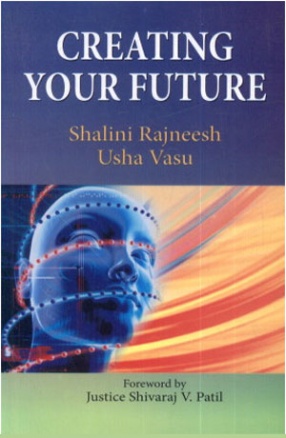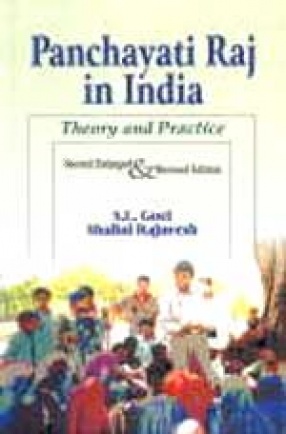India has shown the politico-administrative will by enforcing the constitutional mandate in favour of democratic decentralization (Refer appendix 1 containing state-wise status of key devolution indicators of Panchayati Raj institutions as in March 2001). The creation and empowerment of PRIs, to function as the decentralized arm of the government to plan and implement the developmental programmes at the grassroot level, in keeping with the availability of local resources and local needs and priorities, is certainly a step in the right direction. The challenge now lies in operationalising these institutions to achieve the end result, i.e. rural development and prosperity. The task is ambitious due to the sheer size of the country and its populace. The book, "Rural Development through Democratic Decentralisation", written by Dr. Shalini Rajneesh, is a commentary on the working of PRIs. People’s participation is the sine qua non for achieving rural development. The area of study being a district having higher literacy and awareness, has been a success story in evoking the participation of people in self-governance. The empirical research shows that the institution of Gram Sabha has been instrumental in bringing transparency and accountability in the working of local bodies. The author has rightly emphasized the need for an attitudinal change both in the political and administrative machinery at state, district and village level. The inter-relationship of three Ds, i.e. Democracy, decentralisation and development has been brought out beautifully with the support of the study. While the 73 amendment of the constitution has mandated the democratization of local self-governments, the process of decentralisation has to take shape from Lok Sabha to Gram Sabha. The ‘decentralisation’ of powers, finance and administrative staff, alone would lead to the ‘development’ of rural areas. This study would be a great help to planners, policy-makers, administrators, research scholars and students, to understand the complex dynamics of the phenomena of rural development and Panchayati Raj. The recommendations made at the end of each chapter are also useful for the practitioners of this subject.

Rural Development Through Democratic Decentralization
In stock
Free & Quick Delivery Worldwide
reviews
Bibliographic information
Title
Rural Development Through Democratic Decentralization
Author
Edition
1st. Ed.
Publisher
ISBN
8176293628
Length
xiii+405p., Table; Figs.; Maps.
Subjects






There are no reviews yet.